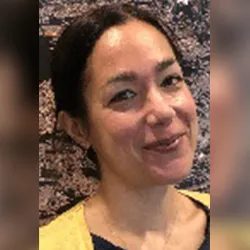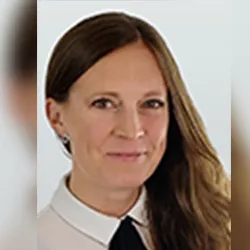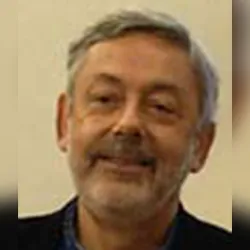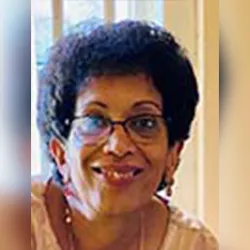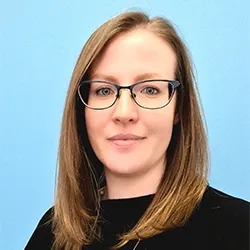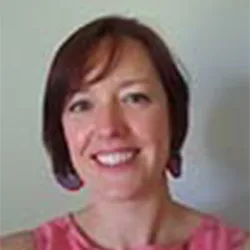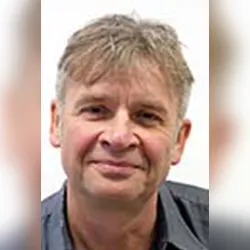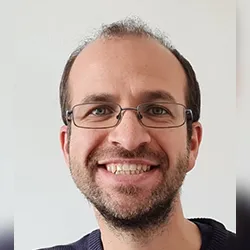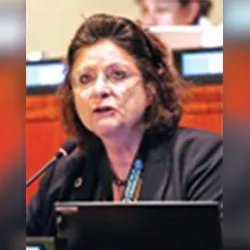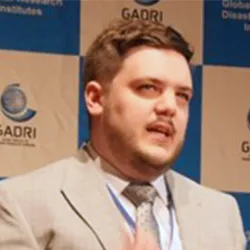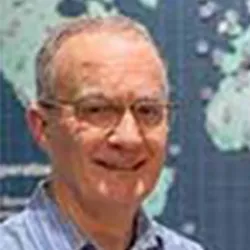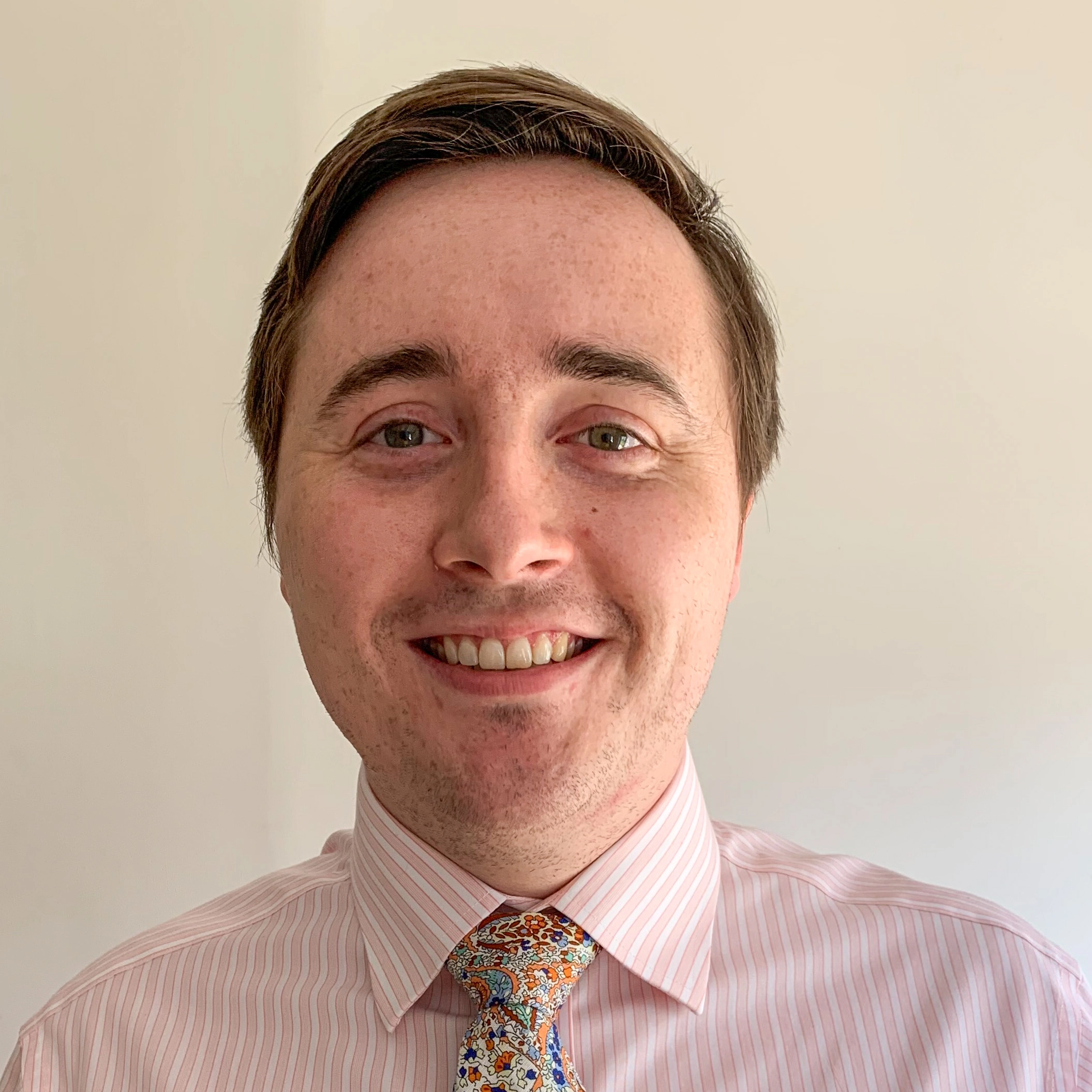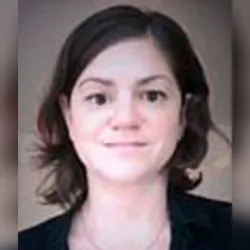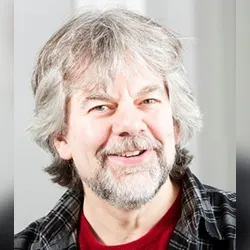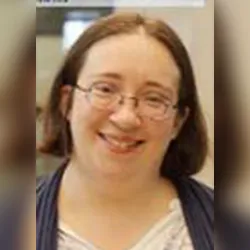
Prof Amy Donovan
(co-chair)
Amy Donovan is an academic in the department of geography at the University of Cambridge and Official Fellow and director of studies in geography at Girton College. She is PI of the Imagine ERC project on the imaginaries of the environment and risk, part of the Tomorrow's Cities GCRF Hub project and co-deputy-director of the Mount Paektu Research Centre. Amy is an interdisciplinary geographer with interests in the geographies of risk and (non-)knowledge in disaster risk reduction, the integration of science and policy, cultures and political geology, and volcanology. She has a background in literature but studied an MSc in geophysical hazards at UCL and did a PhD in interdisciplinary volcanology.
